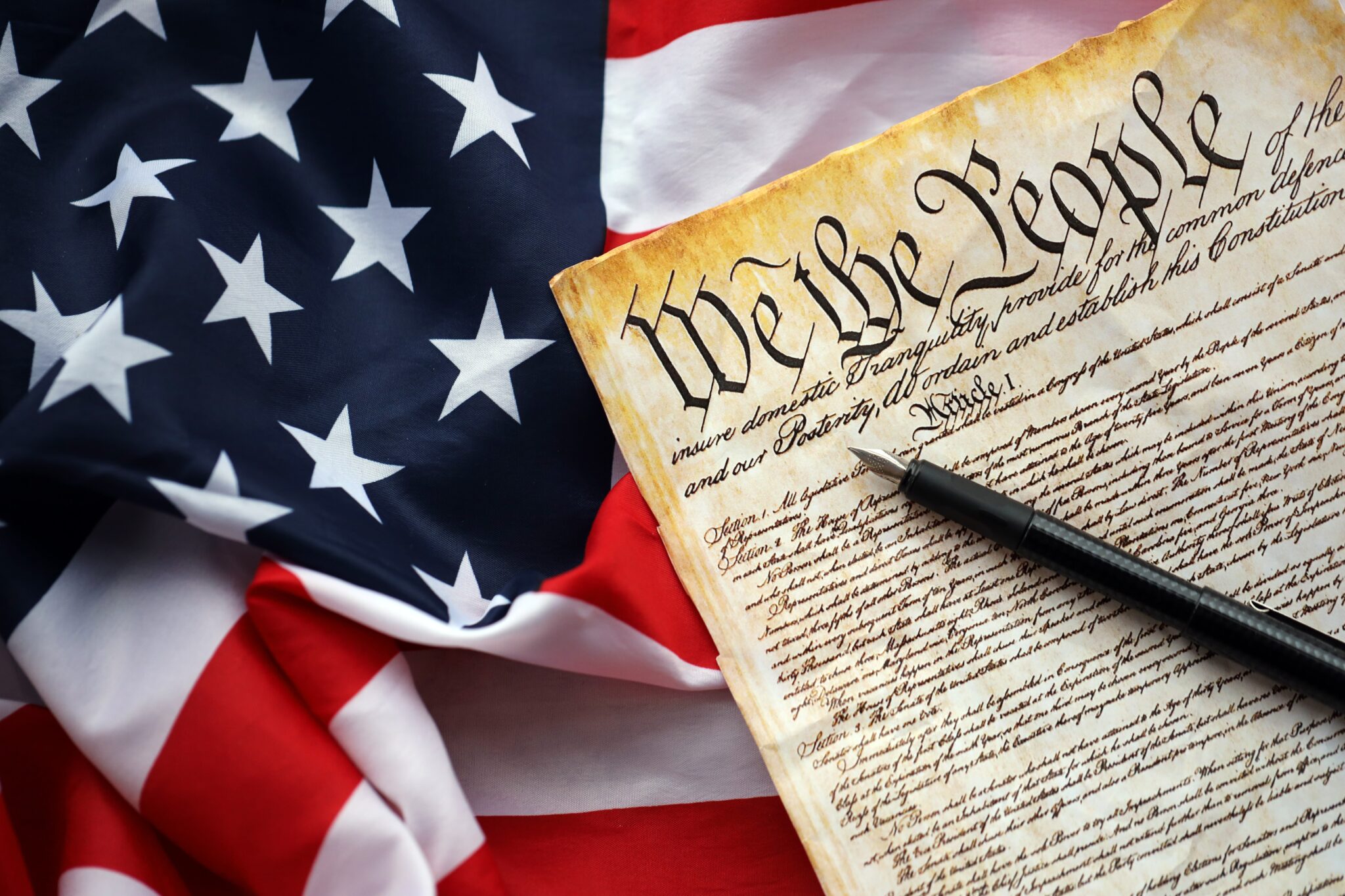The Washington Spectator: The Erosion of Ideals
By Washington Spectator

The Erosion of Ideals
A former Senator reflects on founding principles
July 6, 2024 | Gary Hart | The Washington Spectator
As America celebrates the 248th anniversary of the Declaration of Independence, the threat to the survival of our long-running democratic republic from political and religious extremism is palpable. Former Senator Gary Hart offers a timely reflection on the enduring principles ingrained in the charter of the new nation. …
